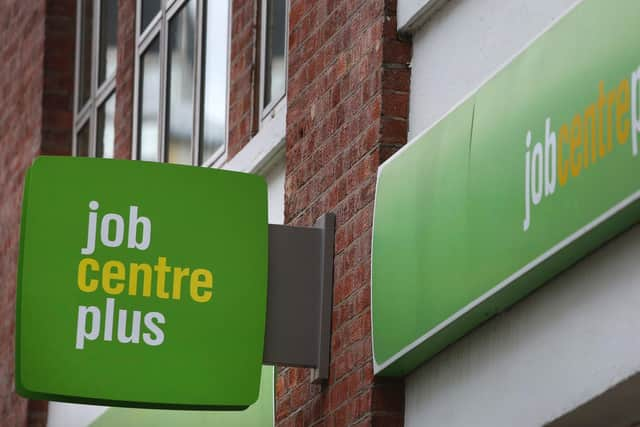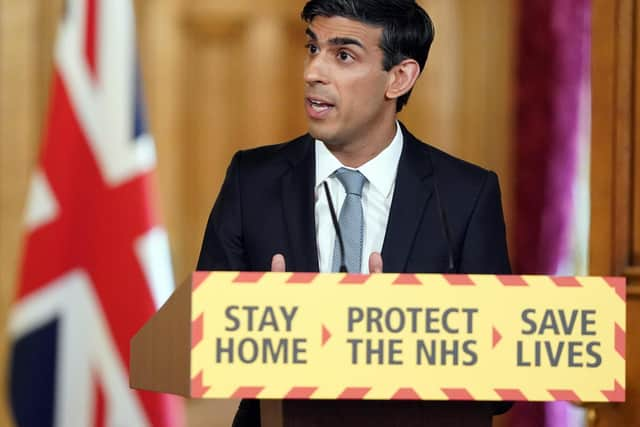Yorkshire sees youth unemployment rise to one in 10 in some areas with nearly 30 per cent of workers having been furloughed
Research produced by the Centre for Cities think tank exclusively for The Yorkshire Post has shown that youth unemployment at some of the highest levels nationally in parts of the region.
Some 8.4 per cent of young people in Yorkshire are jobless as compared with 7.4 per cent nationally, with Doncaster, Bradford and Hull all seeing levels above 10 per cent.
Advertisement
Hide AdAdvertisement
Hide AdThe Centre for Cities (CfC) data also shows a disparity across Yorkshire as a whole, with places like York and Leeds seeing youth unemployment at much low levels.


As a share of the working age population, seven per cent of Yorkshire’s workforce is currently out of work, compared to 6.3 per cent nationally, with the cities of Hull and Bradford the big losers with respectively 9.7 per cent and 9.2 per cent currently jobless.
These numbers are certain to rise as the Government’s furlough scheme is rolled back. Latest figures showed some 515,400 people in Yorkshire were currently on furlough, amounting to 29.9 per cent of the region’s working age population.
Paul Swinney, director of policy and research at CfC, told The Yorkshire Post that the Covid-19 crisis would exacerbate low employment rates in areas which were already experiencing hardship and that “large interventions” would be needed to prevent further damage from future crises.
Advertisement
Hide AdAdvertisement
Hide AdMr Swinney said: “I think what is probably interesting is that the data we are seeing here is reflective of some of the longer term trends we have seen in places like Hull and Doncaster which have always had high rates of youth unemployment.


“So when a crisis comes along it compounds the situation that was already there for young people.”
The disparity of youth unemployment varies widely in Yorkshire, being as high as 11.2 per cent in Bradford but as low as 3.5 per cent in York, something Mr Swinney attributes to the divergence of economic performance across the region in recent years.
“Broadly with this crisis, with a couple of exceptions, if you are in a job that is pretty high-skilled, it is less likely you will be impacted by the downturn.
Advertisement
Hide AdAdvertisement
Hide Ad“These jobs tend to continue, can be done from home and are more resilient to downturns and are always in demand. Places like Leeds and York have been able to move into these high skilled roles and that insulates them to an extent. They are creating new jobs all the time.


“Whereas places like Hull and Doncaster are much more vulnerable in that they tend to have a number of industries which tend to be low-skilled. They are the ones that always tend to be impacted. If you are not in a strong position in the good times then when a crisis comes along these are the jobs that get hit harder. That happened in the last recession and it seems to be the case with this one.”
He added: “It shows even more that there are very large interventions needed in places like Hull to try and turn their economies around.
“We don’t want to be in a position where young people are finding it harder and harder to get a job because, when the next crisis comes - and we always know there is going to be another crisis in the future - we don’t want Hull to be and Doncaster to be the sorts of places that are always hardest.”
Comment Guidelines
National World encourages reader discussion on our stories. User feedback, insights and back-and-forth exchanges add a rich layer of context to reporting. Please review our Community Guidelines before commenting.